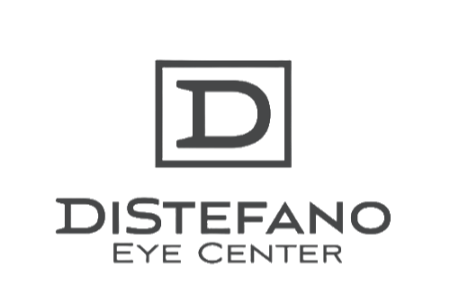Blepharoplasty
Blepharoplasty is a procedure designed to enhance the most notable feature of your face – the eyes. This popular procedure can reduce the extra skin and puffiness of the upper eyelids. This surgery will produce a natural, rested, and more youthful appearance and can also improve visibility and vision.
Did you know the eyes are one of the first areas to show signs of aging?
The eyelid skin may become “droopy” or “baggy” because the eyelid skin stretches, muscles weaken, and fat pockets bulge and become more prominent around the eyes. This most commonly occurs because of the aging process but also may be a hereditary condition that runs in your family. If you have the surgery only to improve your appearance, the cost probably won’t be covered by insurance. But if the excess eyelid skin causes vision impairment then insurance may help cover the costs.
Who Are the Best Candidates for Eyelid Surgery?
Typically, there is an objective test that is done in an ophthalmologists’ office that confirms whether eyelid skin is responsible for blocking vision. The definitive test required by the insurance companies is the visual field exam – taped and untaped. You’ll look at some flashing lights and push a button when you see the light. Then you’ll repeat the test after having your eyelids taped up. The computer records how many you saw and how many you missed. The test involves evaluating each eye separately.
If you aren’t sure that you are a candidate for blepharoplasty, schedule an appointment with your eye doctor, who can evaluate you for any medical problems related to your eyelids.
The procedure
Normally, blepharoplasty is an outpatient procedure performed under local anesthesia. The surgeon makes an incision along the natural fold of the upper eyelid. Then excess skin and some muscle and fat beneath the skin are removed. The incision is closed with tiny stitches that leave a nearly invisible scar. Sometimes surgical tape or skin adhesives are used instead.
After the procedure
Initial healing may include some swelling, bruising, or dry eye.. Healing of incisions takes 5 to 10 days at which time sutures will be removed and the patient can return to work. However, it may take several weeks for swelling and bruising to disappear, which can be camouflaged with makeup.
Pain is usually minimal. You may be given a pain reliever, such as acetaminophen (Tylenol, others), for mild discomfort, but remember to avoid aspirin, ibuprofen (Advil, Motrin, others), naproxen (Aleve), and any other medications or herbal supplements that may increase bleeding.
If stitches were used, they’ll be removed after three or four days.
For an appointment, call DiStefano Eye Center at (423) 648-3937. Or Click Here to contact us online.



LASIK surgery changed my life. I'm more productive and more active than ever. I wish I'd done it sooner. Dr. Distefano and her staff were amazing!
Roger L.Appointments
Schedule an appointment at either of our offices.


